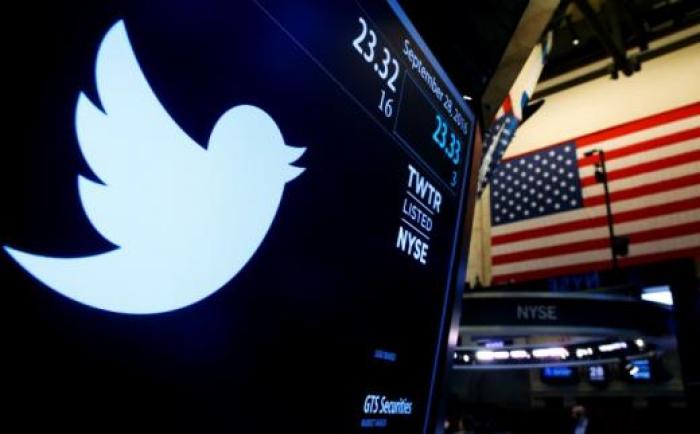Twitter rejected child’s pleas to take down sex abuse videos, profited off content: lawyer

A lawyer who filed a federal lawsuit against Twitter on behalf of her teenage client revealed that the social media giant refused to take down videos of her client's sexual abuse even after receiving proof that he was a minor and continued to profit off the content.
Despite receiving a copy of the driver’s license of the victim, John Doe — who was 13 when he was victimized — and requests from his mother, Twitter did not act, Lisa Haba, a partner of the Florida-based Haba Law Firm, told The Epoch Times.
“We don’t find this to be a violation of our policies, and we’re going to take no further action,” Twitter responded days later.
Doe, who is identified with a pseudonym in the legal filing as a 16-year-old Florida resident, was solicited on Snapchat and recruited for sex trafficking as a minor. But after he escaped from the manipulation, child sexual abuse videos from the time when he was 13 were disseminated on Twitter last January in posts published under the Twitter handles @StraightBross and @fitmalesblog.
The videos amassed over 167,000 views and over 2,200 retweets before the involvement of the Department of Homeland Security finally pressured Twitter to remove them.
Now a 17-year-old high school student, Doe was manipulated into sending nude photos of himself on Snapchat by online sex traffickers who impersonated a 16-year-old girl at his school. The traffickers then blackmailed him, threatening to send the photos to his parents, his pastor, school coach and others in his community.
After the videos appeared on Twitter, Doe was bullied at school and became suicidal, Haba says.
Twitter claimed “that they have a zero-tolerance policy, but their actions speak differently,” she continued. “When our client asked them to take down the exact material that they say that they proclaim to preclude, they refuse to act. That’s basically the essence of this lawsuit,” she adds, referring to the lawsuit filed in the U.S. District Court of the Northern District of California jointly by the National Center on Sexual Exploitation, the Haba Law Firm and the Matiasic Firm.
Haba said that Twitter profited off her client’s abuse videos.
“When you look at the profit structure that Twitter has, they profit from every single time that these ads are disseminated, retweeted, viewed,” she explains. “There’s a huge advertising incentive and data licensing incentive for these ads to stay, these material to stay up. So Twitter certainly was profiting off the exploitation of John Doe.”
Haba explained that their research shows that Twitter profits primarily through their advertising service as well as data licensing. “That is what has helped Twitter become a billion-dollar business, allowing them to profit from each of the tweets that’s put up,” she added, stressing that her group has “verified every fact before alleging it.”
Twitter’s market value was $43 billion as of Feb. 4, according to the Times.
Haba noted that big tech companies use Section 230 of the Communications Decency Act of 1996 to evade liability for content on their websites. However, she adds, a 2018 legislation, Fight Online Sex Trafficking Act, “is basically an exception to 230 that says that if you are directly profiting or benefiting from human trafficking, that that is not necessarily a guaranteed immunity for the big tech platforms.”
“I’ve seen lines of tweets back and forth offering things as blatant as, ‘I’ve got ages 12 to 14. Who here has 8 to 10? Great, let’s connect and share our imagery,’” Haba pointed out. “So it’s very obvious and very blatant what’s happening. When you look at the incredible quantity of material of that nature and how easy it is to find on the platform if you know the right hashtags, it’s horrifying.”
Haba’s lawsuit contends that Twitter permits “numerous profiles, posts, comments, and other content either advertising, soliciting, or depicting” child sexual abuse.
A Twitter spokesperson earlier told The Christian Post that the company would not offer comment on the lawsuit directly but stated that Twitter has “zero-tolerance for any material that features or promotes child sexual exploitation.”
“We aggressively fight online child sexual abuse and have heavily invested in technology and tools to enforce our policy,” the Twitter spokesperson wrote in an email. “Our dedicated teams work to stay ahead of bad-faith actors and to ensure we’re doing everything we can to remove content, facilitate investigations, and protect minors from harm — both on and offline.”
The lawsuit contends that if Twitter had reviewed the material as it claimed, officials would have seen comments to the video that “acknowledge that the material was depicting minors.”





























